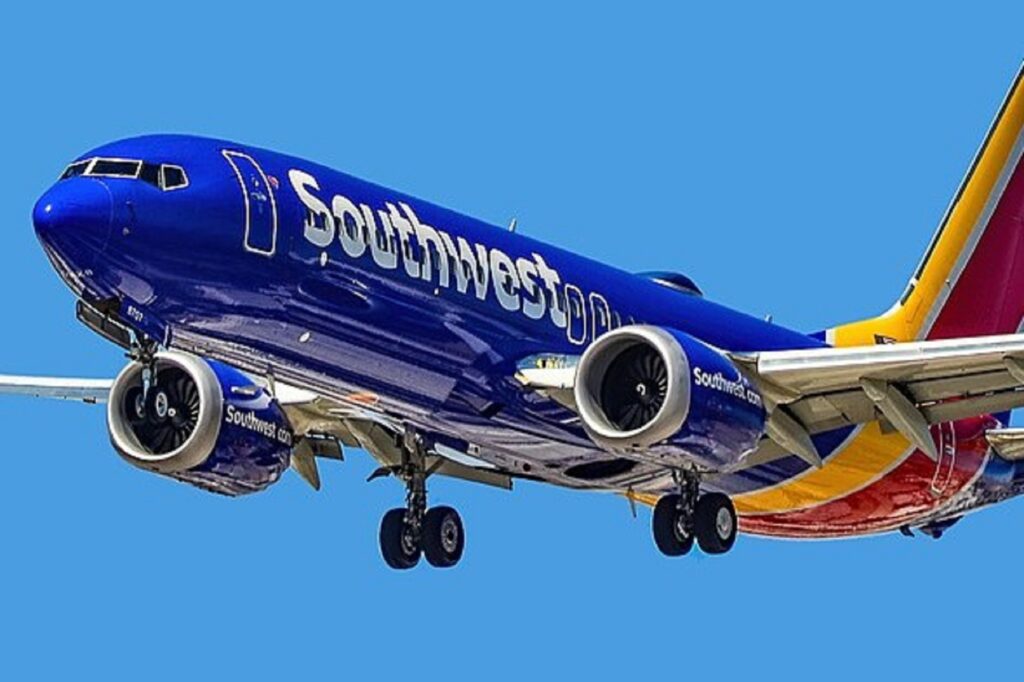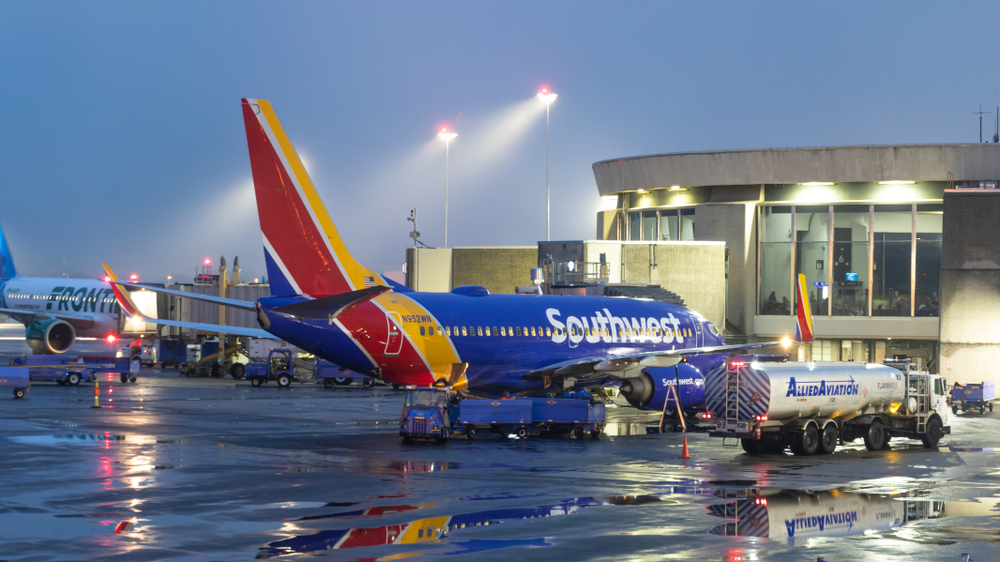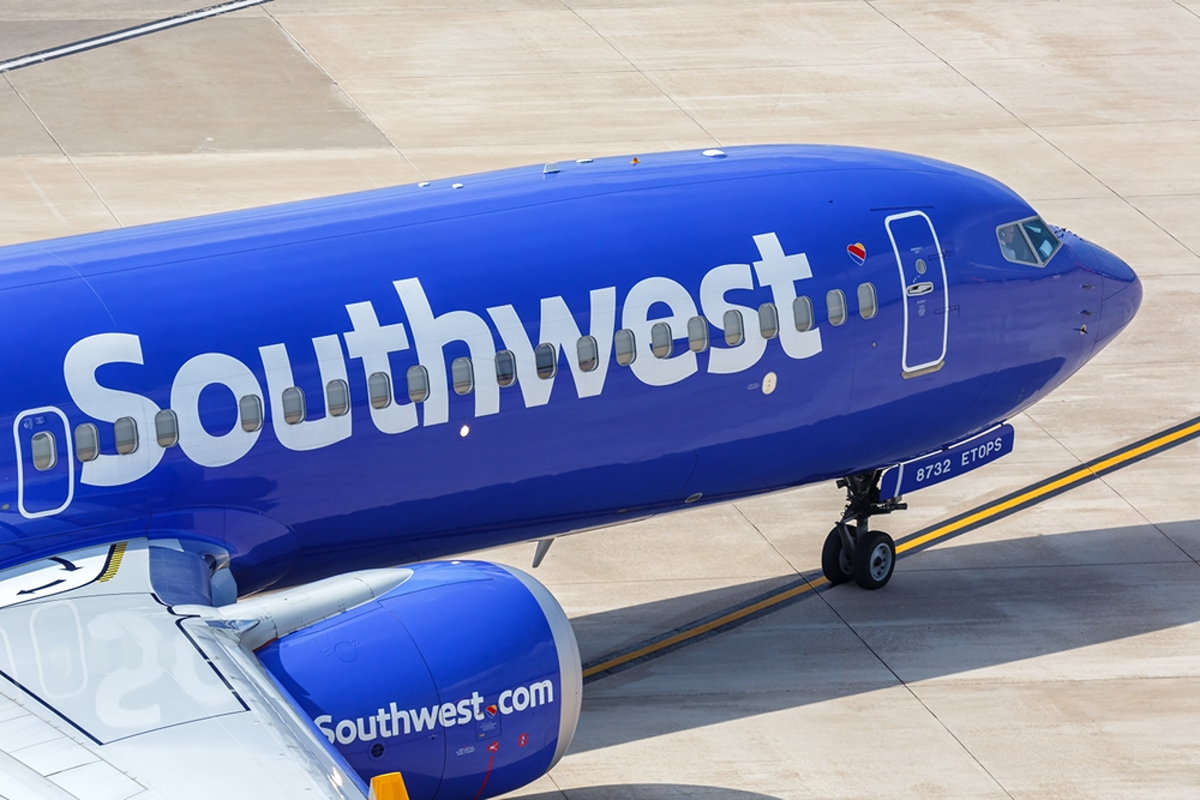Coming as the carrier’s next major policy change to cut costs, Southwest Airlines has disclosed it has dropped its fuel hedging policy after stating that the exercise in the forward buying of aviation fuel was no longer proving to be economically viable for the company.
Fuel hedging is an insurance policy of sorts, designed to save an airline millions of dollars by contracting with a provider to forward purchase aviation fuel at a fixed rate per gallon for a fixed term. If the published price of fuel rises in that time, the risk and liability rests with the fuel company, and the airline ‘wins’ the gamble. However, should the published price of aviation fuel drop below the fixed price at any time in that period, then the airline remains contractually obliged to pay the agreed fixed price and hence loses out.
Airlines can structure their hedging in various ways, however, although schemes typically set a price ceiling on their fuel, thereby insulating themselves from potential spikes in fuel prices, often caused by world events. Hedging can provide companies with added certainty for financial planning and forecasting purposes when the price of fuel is relatively stable. However, when markets become destabilized, the airline can lose out and such schemes can also become unwieldy and expensive to manage, as in Southwest’s case.

Despite having run a fuel hedging policy for decades, the US low-cost carrier has decided that its fuel hedging policy has become too costly to sustain, blaming the volatility of aviation jet fuel prices in recent years making it increasingly difficult to predict future fluctuations in the published prices of oil and, therefore, jet fuel prices, say aviation analysts.
The move comes as the carrier, long seen to be a pioneer in budget air travel, has been ditching various policies as it controls its spiraling cost base and pursues a more frugal strategy toward overall cost control as demand for air travel falls and the US market becomes more competitive. Such policies that have been recent victims of this strategy (to widescale public consternation) have been the airline’s free seating policy and its rules over one checked bag for free – both of which were keystones of the airline’s passenger experience offering.
According to a recent report published in the Wall Street Journal, the fuel hedging policy has become too costly to manage and hasn’t paid off for much of the past decade. “With the exception of a couple of positive years, it’s not been beneficial to the company for the past 10 to 15 years,” said Southwest’s Chief Executive Officer Bob Jordan at an investor conference held on March 11, 2025. “Hedging premiums have also gotten more expensive,” he added.

According to the WSJ, other major US airlines dropped fuel hedging years ago, realizing that such schemes were no longer providing the company with the benefits they were set up for. Delta Air Lines, American Airlines, and United Airlines all exited the fuel hedging arena around ten years ago, a decision that was largely said to be driven by these carriers using their size and fuel consumption figures to negotiate more beneficial fuel prices with supplies through economies of scale. In the low-cost sector of the US market, both JetBlue and Frontier Airlines have also quit their fuel hedging policies.
According to the WSJ report, Southwest paid $157 million in fuel-hedging premium costs in 2024, a figure that was an increase of 30% over the previous year. As of December 31, 2024, fuel hedging covered a maximum of 47% of Southwest’s expected fuel requirement for 2025, according to its annual report, and the company is still contracted under existing fuel hedging contracts until 2027.
“The discontinuation of our fuel hedging program is another step along our path to transforming our business. This change will result in significant savings in hedge premiums as we move forward,” said Tom Doxey, the company’s Chief Financial Officer. “Southwest will respond to changes in fuel prices by making adjustments, for example, to its fleet and capacity plans,” he added.

